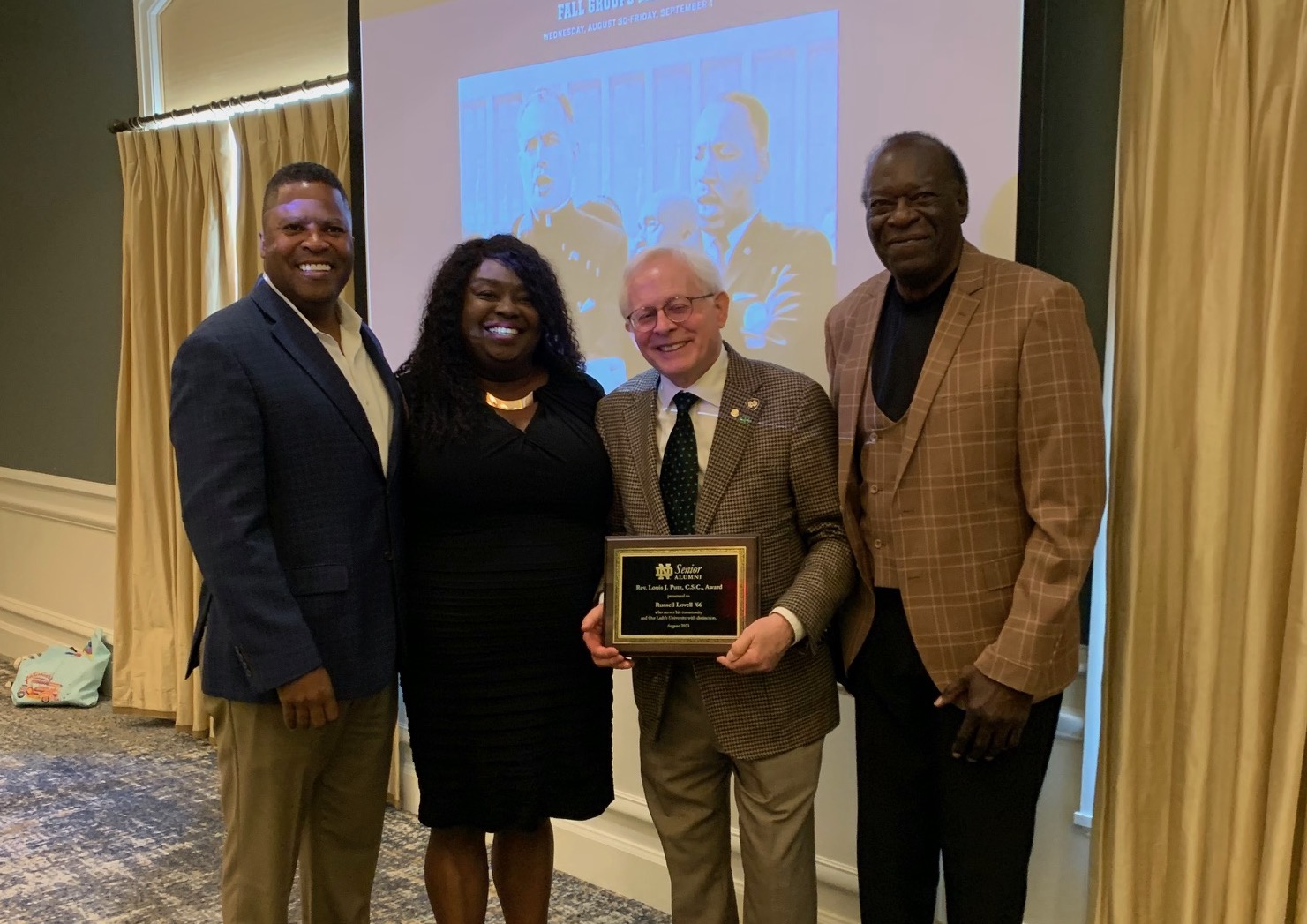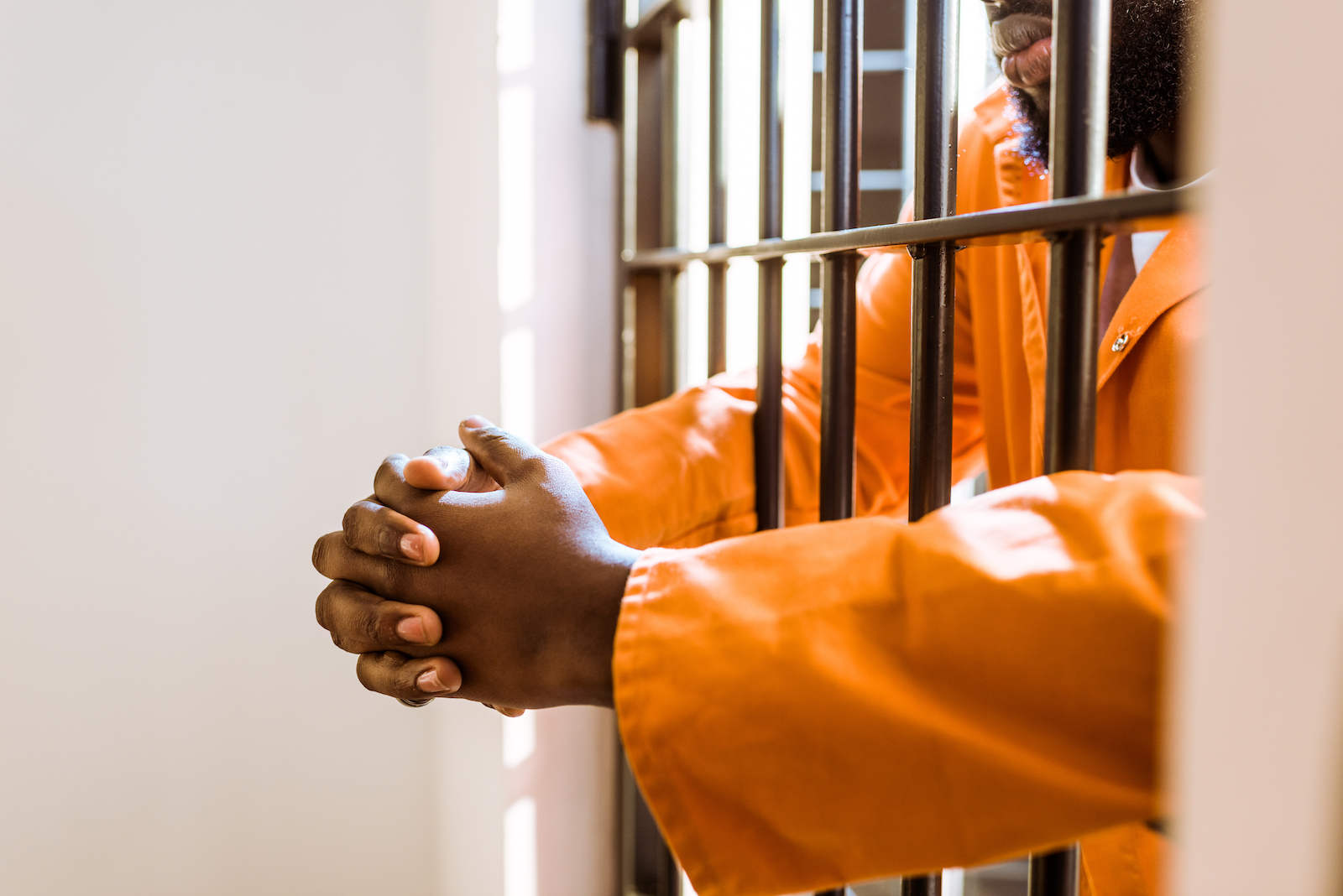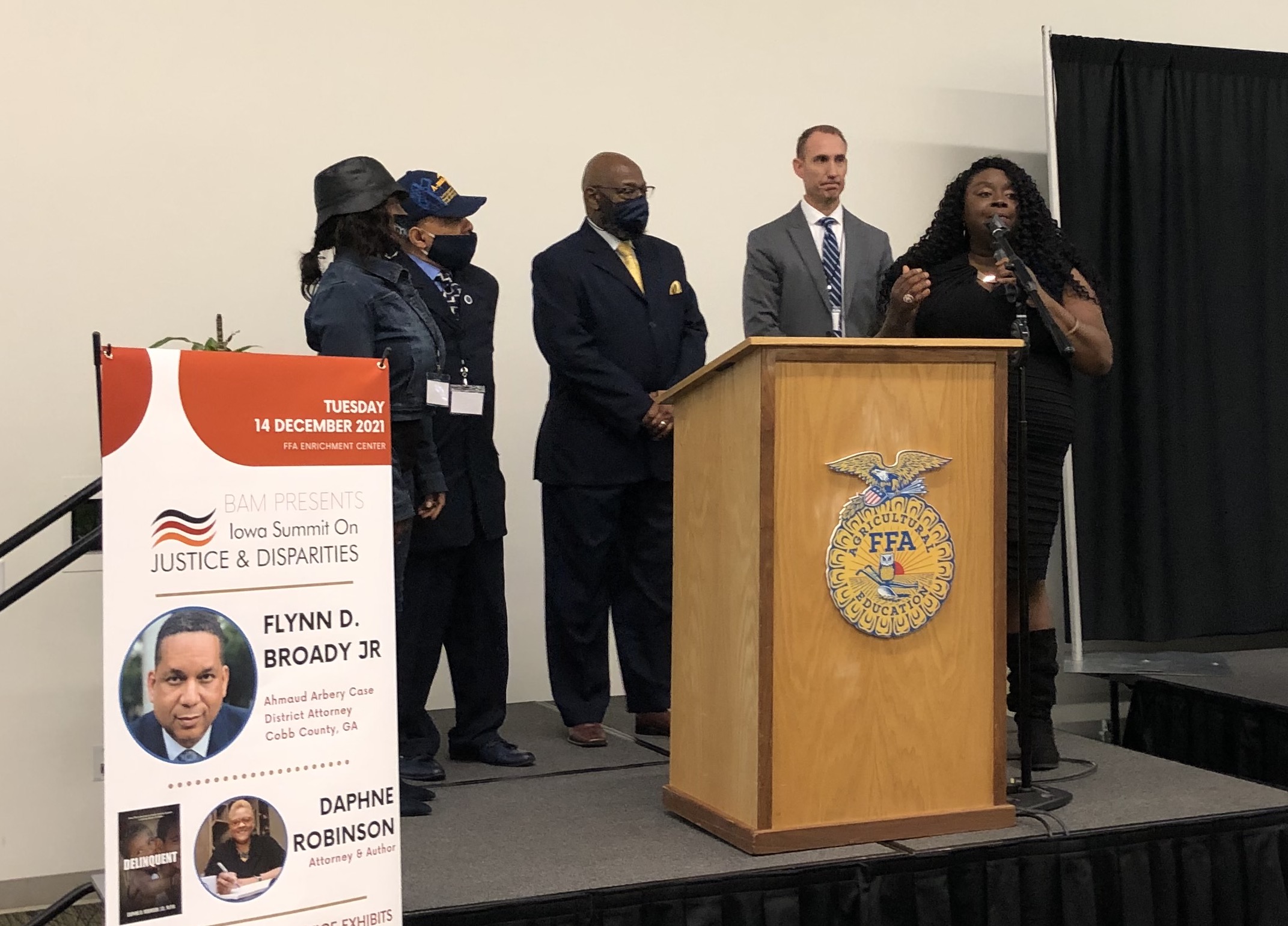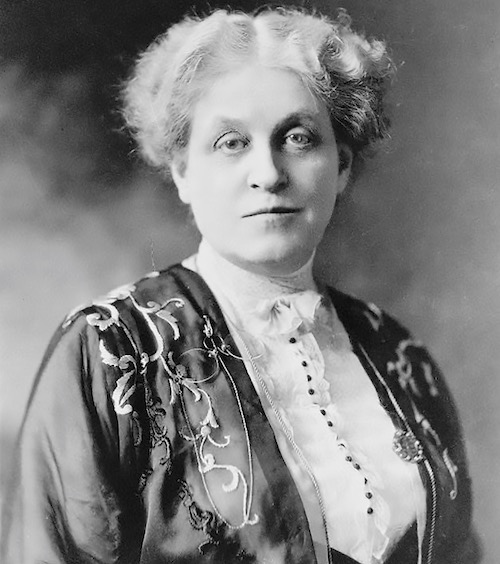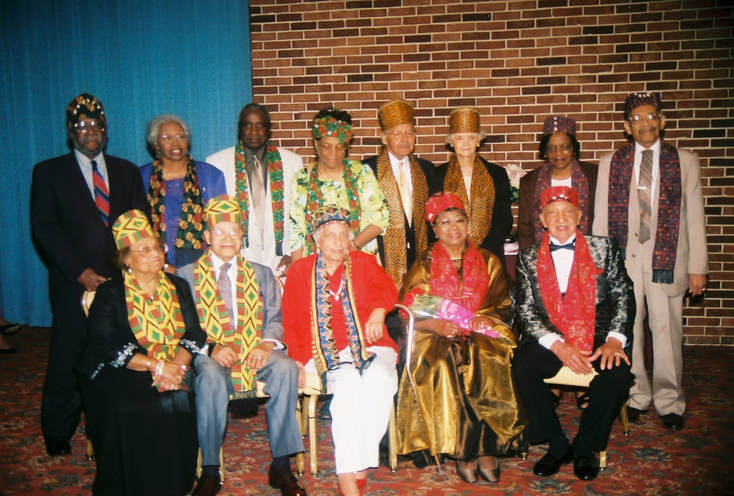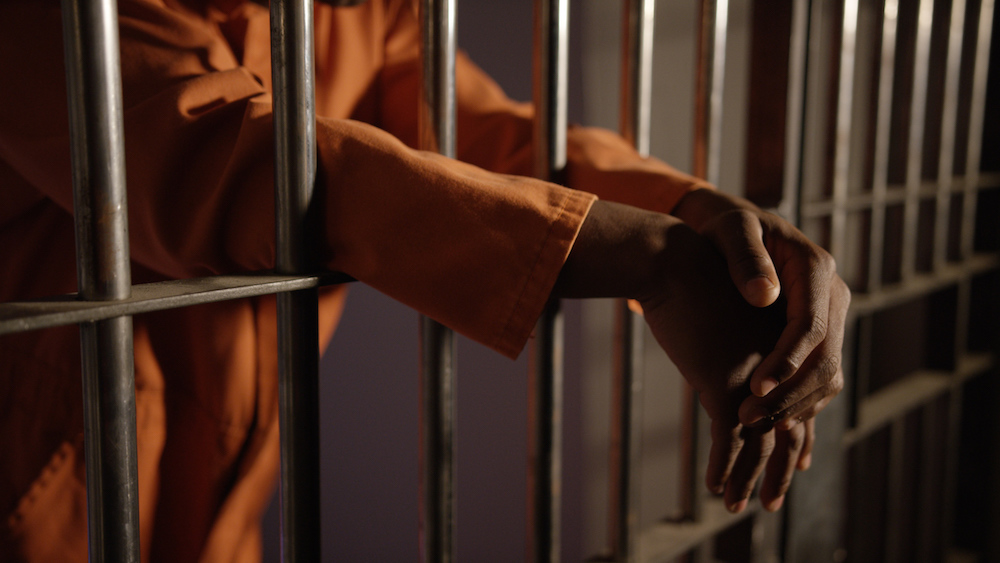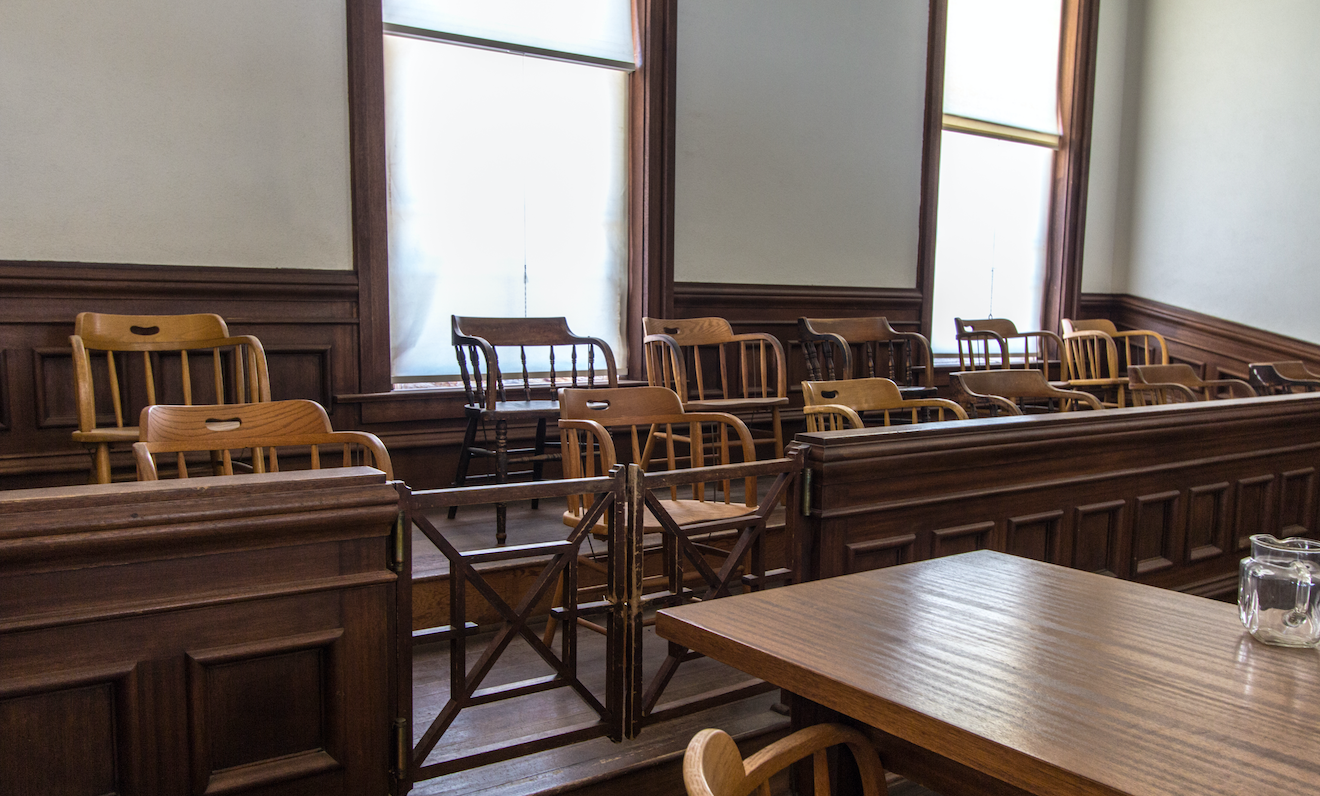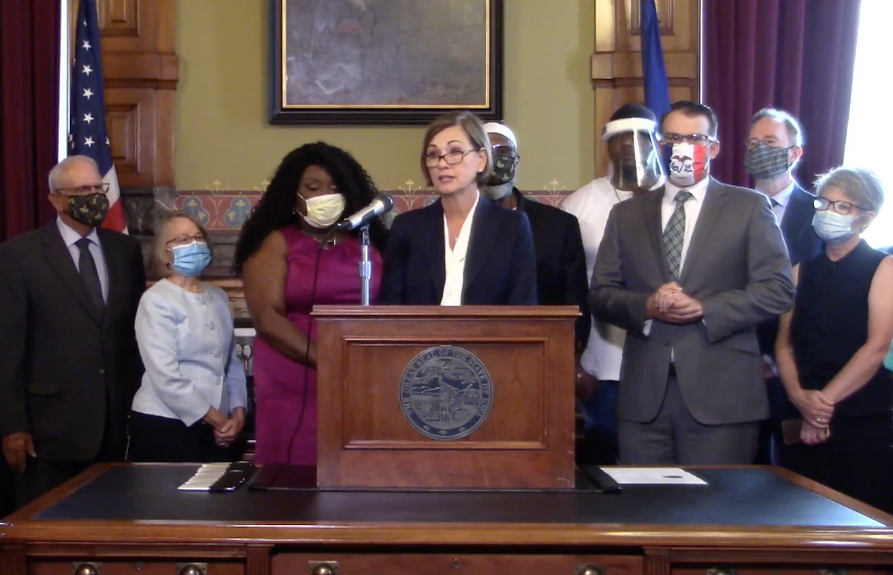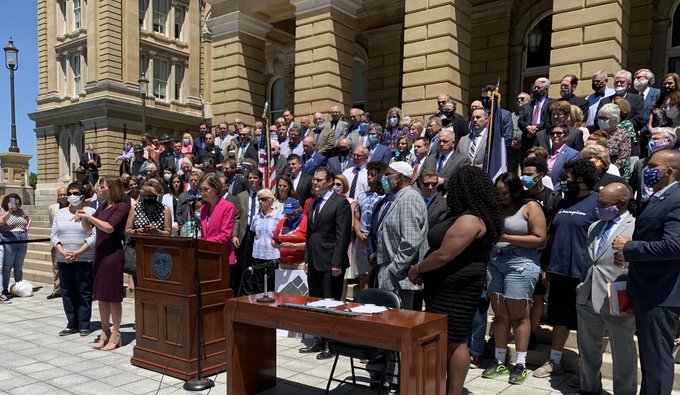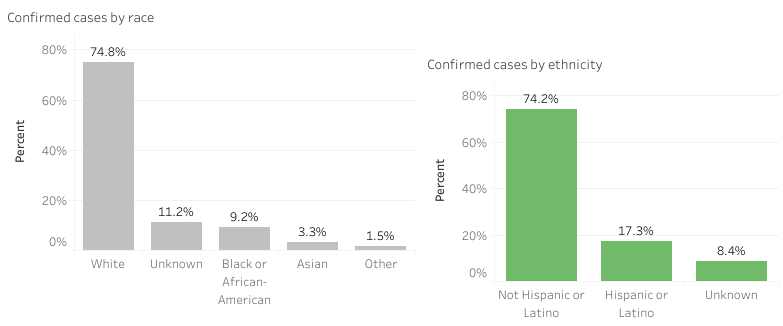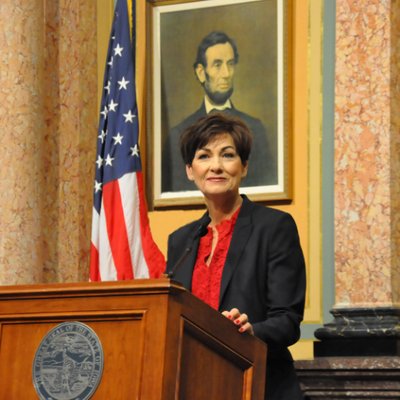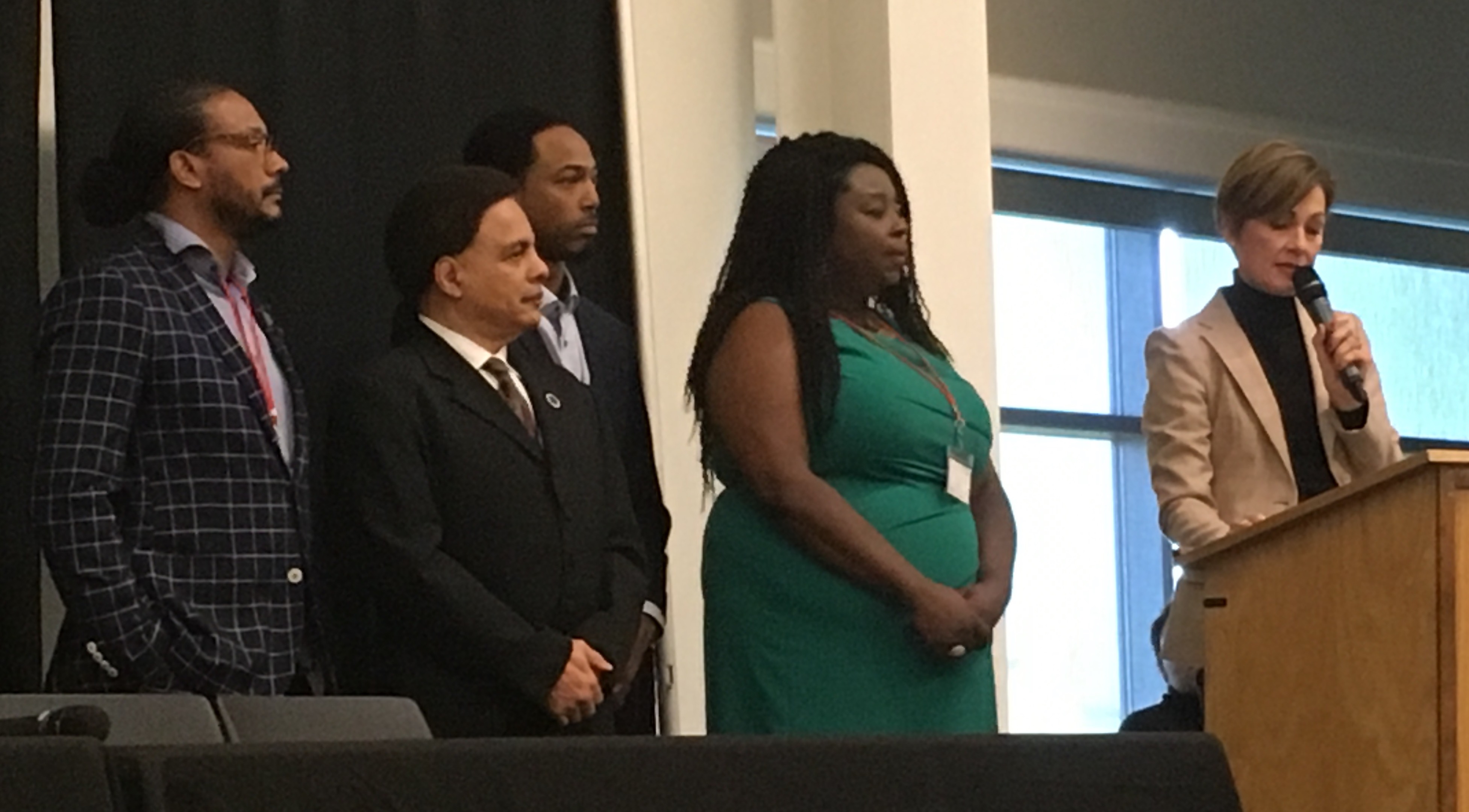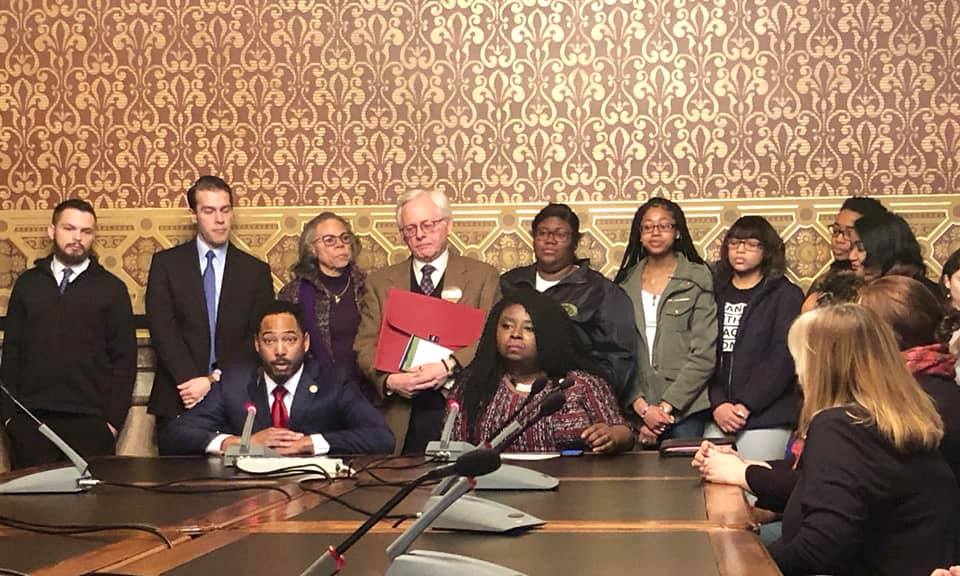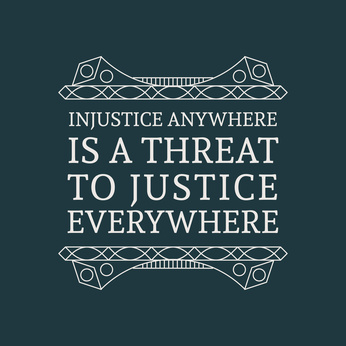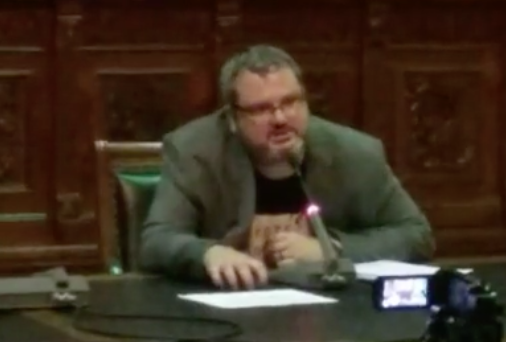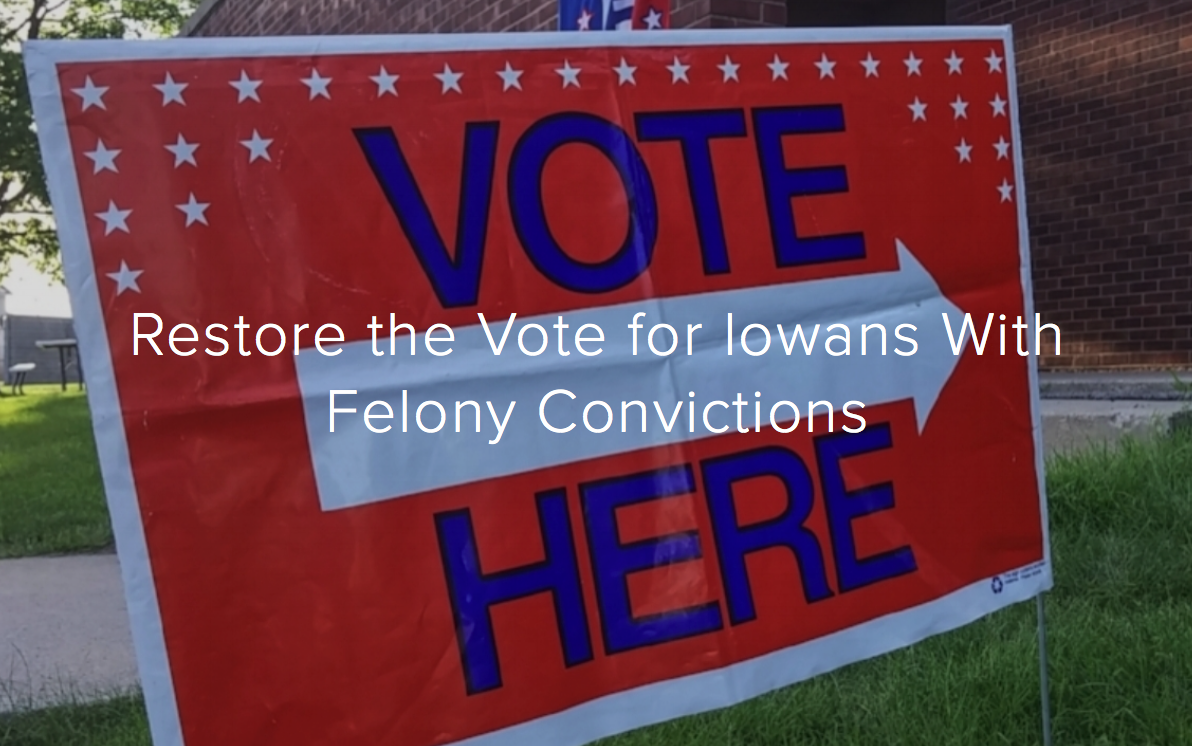Governor Terry Branstad delivered his annual Condition of the State address to members of the Iowa House and Senate and the Iowa Supreme Court justices yesterday. If you missed the speech, the full prepared text is here. Iowa Public Television posted the video and transcript here. The early part of the 30-minute address included one false or misleading assertion after another.
· “Sound budgeting practices and fiscal discipline now have us ranked as the 3rd best managed state in the nation.” Contrary to the idea that Branstad markedly improved Iowa’s operation, a major investors group also ranked Iowa the third best-managed state in 2010 under Governor Chet Culver, recognizing Iowa’s good fiscal position, high credit ratings from leading agencies, and low debt per capita compared to most other states.
· “The Iowa Economy has created 214,000 new jobs; surpassing our 2010 goal.” Sorry, no. That’s a fake statistic no economist would accept. It’s a shame the governor has instructed Iowa Workforce Development to keep cooking the books on employment.
· “If the state fails to implement managed care, the growth of Medicaid spending will consume virtually all of our revenue growth.” The Branstad administration has not been able to demonstrate that managed care will save the state money. Florida’s Medicaid privatization turned out to be more costly without improving patient care.
I was also disappointed not to hear more specifics about how Branstad envisions spending funds he would like to divert from school infrastructure to water programs. What kind of water quality programs would be prioritized, and who would administer them? Then again, details about this plan may be irrelevant, because Iowa House and Senate leaders don’t sound open to the idea.
For now, I want to focus on a much more promising part of Branstad’s address. To my surprise, the governor devoted a major section–roughly eight minutes of speaking time–to advocating for criminal justice reforms proposed by a working group he appointed in August. The group was charged with developing ideas to increase fairness and reduce racial disparities in Iowa’s criminal justice system. Click here to read the full recommendations released in November. Bleeding Heartland will discuss some of the proposals in more detail in future posts. Advocates for defendants’ rights and racial justice have generally welcomed the proposals.
Although some policies do not go far enough, and other important reforms are missing from the document, I’m encouraged to see the governor apply some political capital toward reducing systemic racism and inequities in the justice system. I enclose below the relevant portion of Branstad’s speech, with some annotations.
UPDATE: I can’t believe I forgot to mention one thing Branstad could do immediately to address a massive racial disparity in Iowa. His executive order making it extremely difficult for felons to regain their voting rights disenfranchises Iowans of all ethnic backgrounds but disproportionately affects racial minorities.
Continue Reading...



